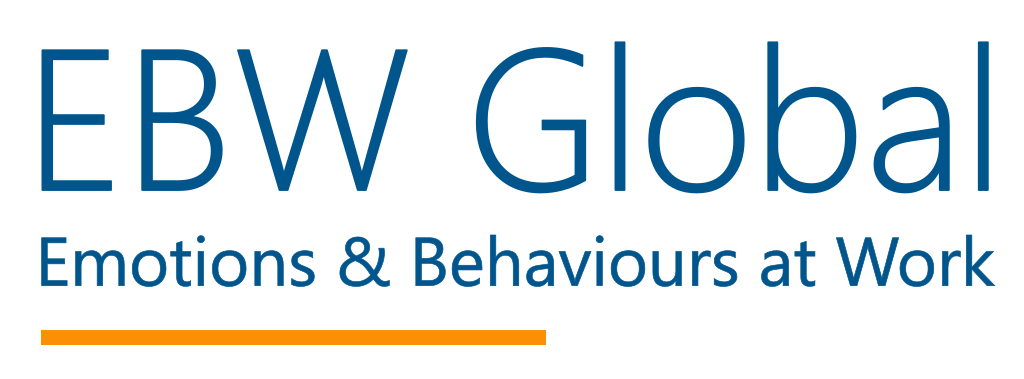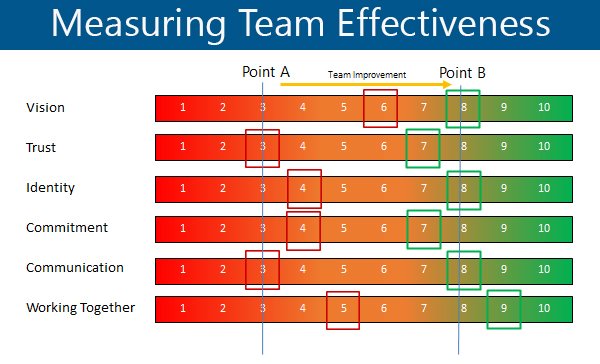How to help executive teams perform better
The integration of newly appointed board members is often problematic, especially when existing directors have been in post for some time and have embedded their own style and approach to working.
New team members bring with them fresh ideas, different ways of working and enthusiasm for the business but being new, their strengths can be misunderstood resulting in challenging and difficult times for the CEO and the new Board.
A great example of this was when Praxis 42, a leading UK provider of Health, Safety and Environmental Training, appointed two new directors to serve alongside their current five long established board members.
The business was expanding fast and communication between current board members had a history of being challenging.
With new directors joining the board, it was a great opportunity to have the board focus on decision making, building greater trust and a more team focused approach whilist creating a vision that that would allow the business to achieve its strategic objectives.
As part of a joint exercise with the Board the business was analysed to establish the main strategic goals, how they would measure them and how the board would develop into a high performing team.
Building a High Performing Team
An EBWt Team Effectiveness Programme was initiated for the board. This required each board member to complete the EBW Business EQ assessment and the EBWt Team assessment, followed up with in-depth individual and off-site team coaching sessions.
Each team coaching session had three interrelated themes:
How does team members' Business Emotional Intelligence impact team and stakeholder performance?
What drivers of effective teams can be changed to improve the team’s performance and their impact on their stakeholders?
How will the team measure change in performance (KPIs) from an individual, team and stakeholder perspective?
Using EBWt Team assessment enabled the board to see how they compared to other executive teams and help them understand how their Business EQ impacted on key performance indicators (see list below) for high performing teams.
Clarity around team vision and purpose
Levels of trust in the team
Team Identity (loyalty & accountability)
Commitment to the team's goals
Communication ability (psychological safety)
Capability to work together
Each team coaching sessions focused on changing how boards members worked together to improve a specific team driver for a high performing team. (see session pathway below)
EBWt Team Coaching Sessions Pathway
The EBWt Team coaching approach proved pivotal in growing self-awareness, establishing trust and teamwork. Careful and sensitive facilitation of EBWt Team Report allowed for open and honest feedback to be shared between members at each team coaching session.
Using EBW Business EQ maps with the team, blind spots were recognised and the benefits and possible drawbacks of opposing leadership styles were discussed.
This highlighted the diversity and synergy that existed within the team and provided insight into why a greater degree of understanding, trust and empathy was needed among new and old members.
Importantly, although the EBW Team Report was used to provide insight and a framework for difficult conversations, the EBWt Coaching approach allowed for the strategic organisational objectives for growth to be kept central to the workshop discussions.
This defused or eliminated any possible personal emotional reactions and kept the board focused on the agreed measurable outcomes at individual, team and stakeholder level.
Results for the Board
Both individual and team coaching sessions produced a greater self-awareness of each person and the team as a collective.
The facilitated teams discussions opened up possible ‘what if’ scenarios and how they could be successfully tackled. This led to a greater appreciation and understanding of each other’s emotional behaviours and triggers, what these could look like and how best to deal with and respond to them at critical times in the future.
There was a greater appreciation of the need to be flexible to get the best out of situations rather than default to their natural established emotional responses and behaviour.
The programme allowed for each member to produce personal development plans that were linked to emotional drivers and the business needs and provided key benchmarks for future business performance.
What the client said
Keith Paxman, MD of Praxis 42 Ltd summarised the benefits of the EBWt Team Effectiveness Programme to him, the Board and the business as follows:
"We found the EBW assessment easy to complete and understand. We arrived at a far deeper understanding of the reason for our own, and each other’s emotional needs and triggers resulting in deeper communication than before. We also learned how to flex behaviours in those situations to get the best outcome for the business, the Board and our respective teams.
The Board members achieved a greater personal awareness and understanding of their own personal development goals and we have the opportunity to objectively measure our performance again.
The EBWt teams sessions and the discussions facilitated by Angela (EBWt Certified Partner) have given us all a much more complete understanding of ourselves and each other and have already resulted in significantly improving our effectiveness as a board.
This has been the catalyst to create a Board with more courage and candour, traits which are now spreading throughout the organisation.”
Discover How Business Emotional Intelligence Transforms Leaders and Teams
If you would you like your leaders and teams to improve their decisions and the way they work together, click a button below to see how investing in Business Emotional Intelligence can make a difference or find an EBW Certified Partner to help you.




